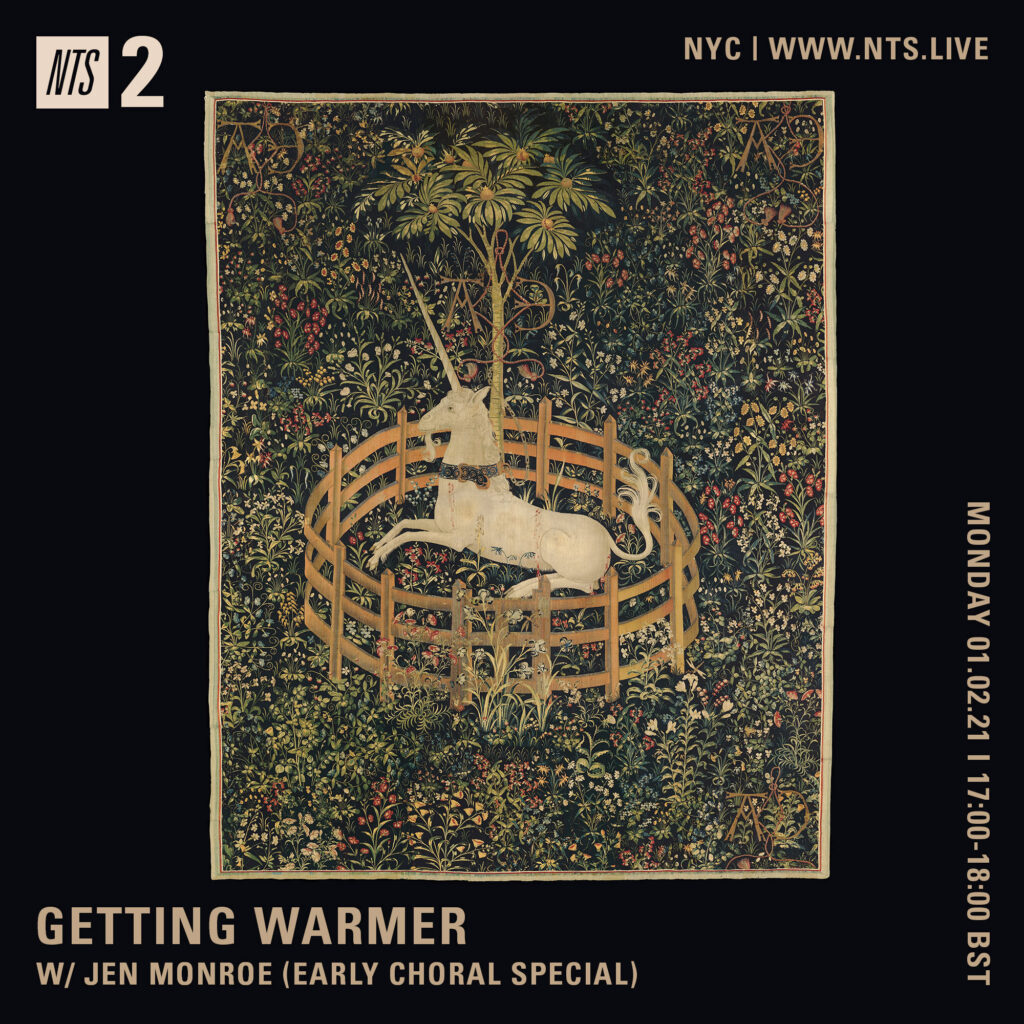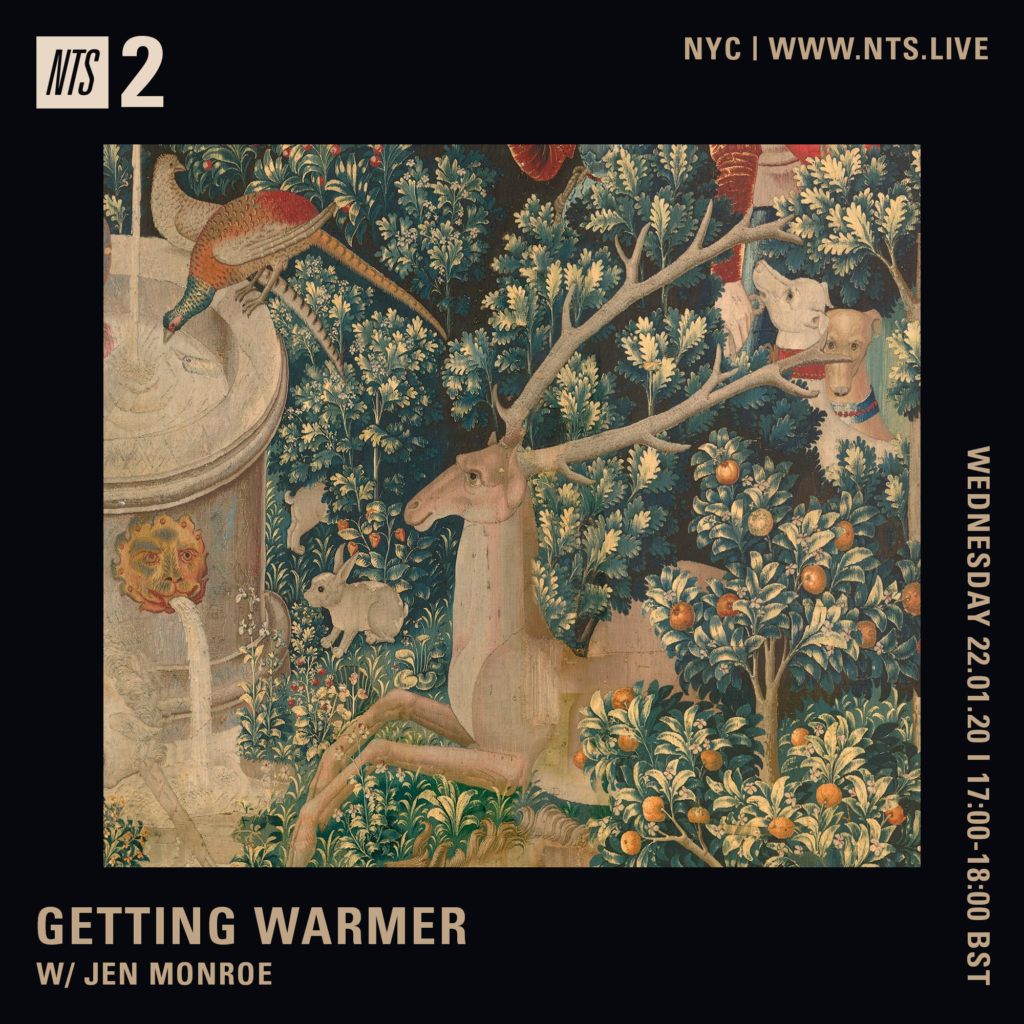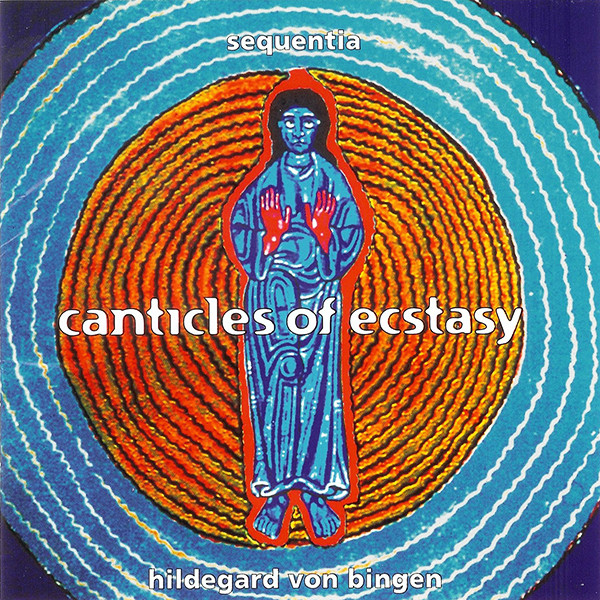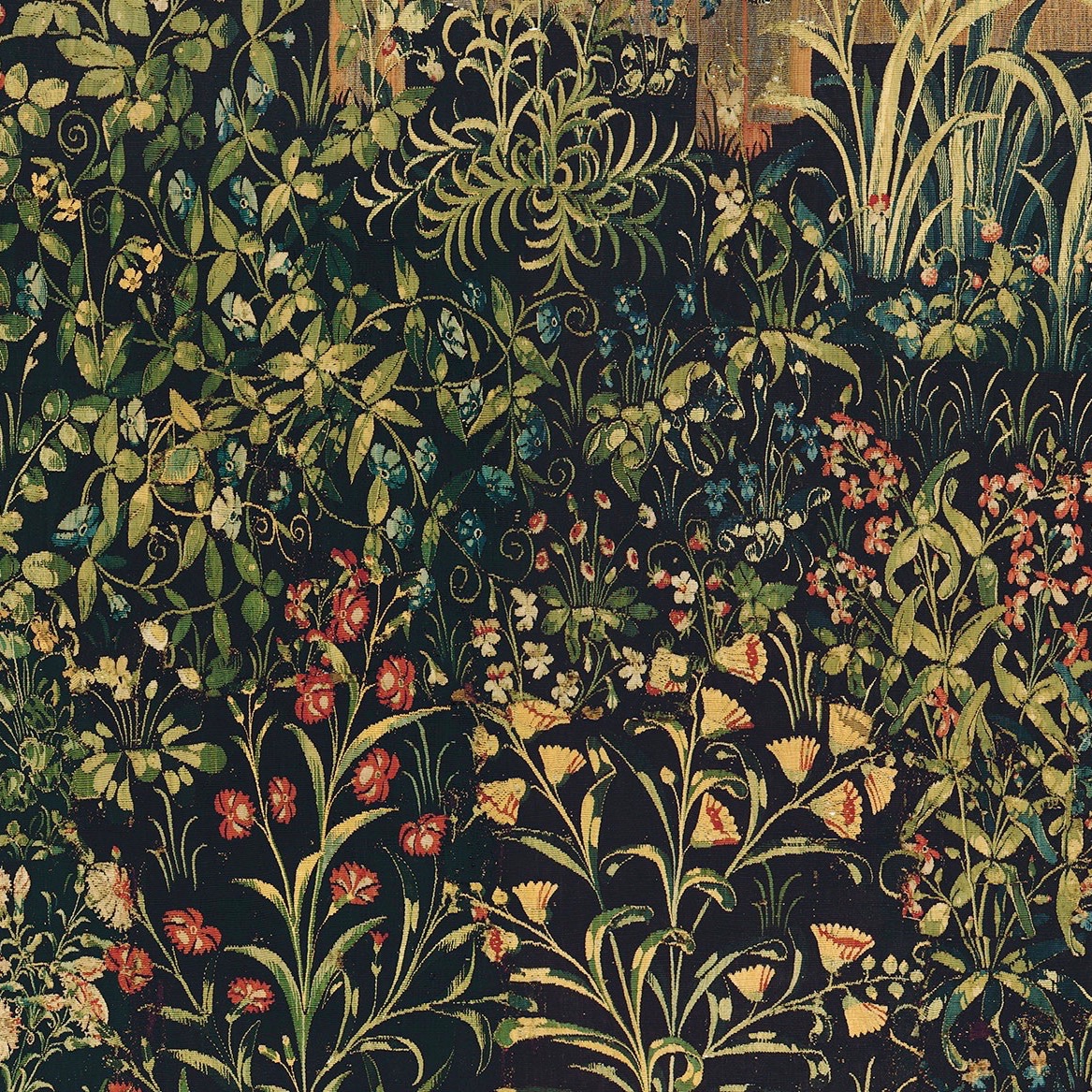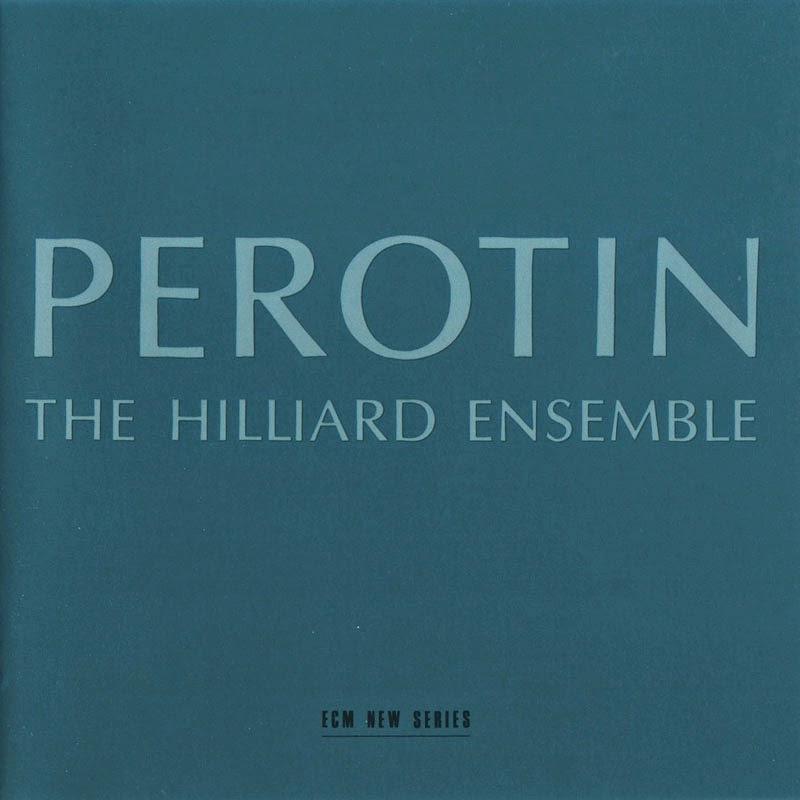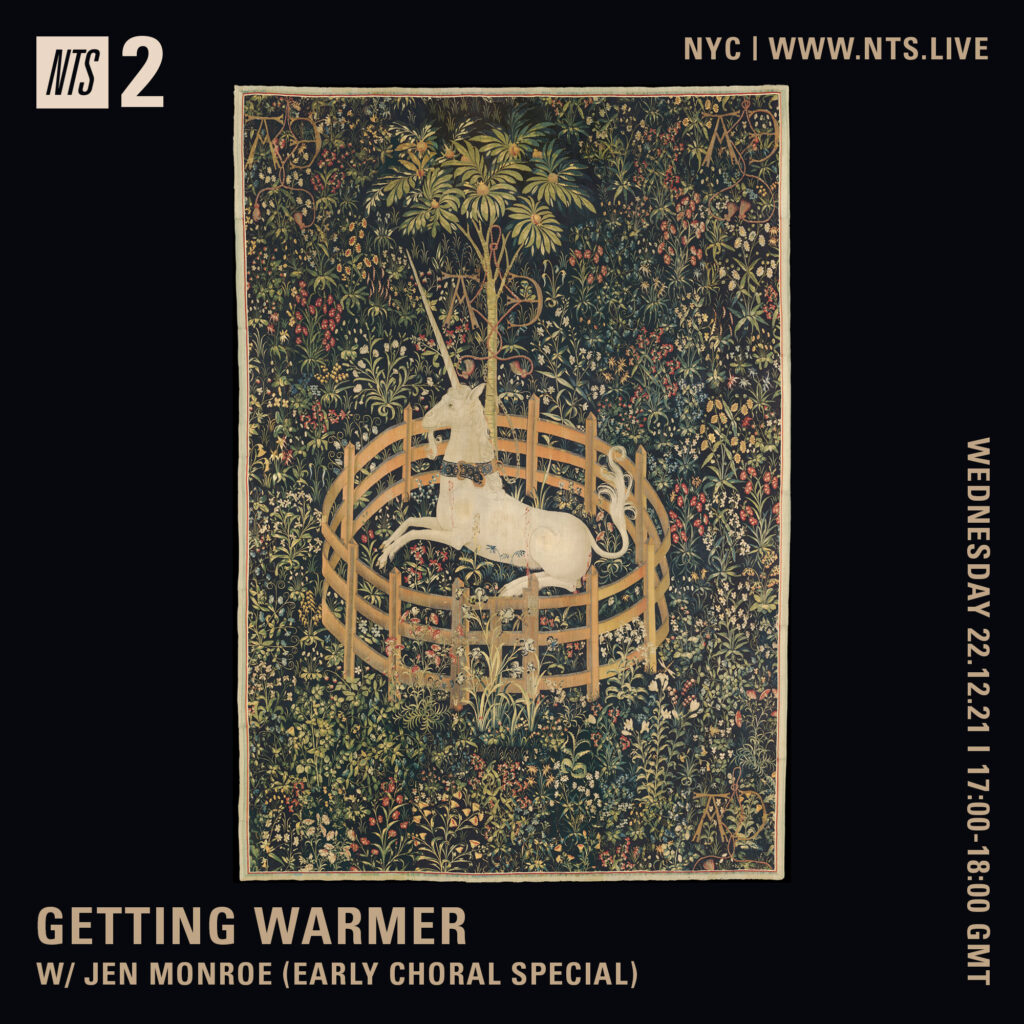
My newest episode of Getting Warmer on NTS Radio is the fifth installment in the annual Early Choral Music special. Entirely acappella and sacred, with a little bit more of a Spanish focus this year. I’ve listed the performers as the artist, and then the composers in parentheses after the song title. In full transparency, I’m neither an expert on this stuff nor am I at all religious–I just really love this music, and I think it makes an ideal winter hibernation soundtrack. I hope you like it too. You can download an mp3 version here. Stay warm, and happy holidays!
Previous early choral music specials: 2021, 2020, 2019, 2018
Tracklist:
1. Sequentia – O Pastor animarum (Hildegard von Bingen)
2. Tonus Peregrinus – Missa Da gaudiorum premia: Sanctus (John Dunstable)
3. La Capella Reial de Catalunya – Sibil·la Valenciana: Gloria Tibi Domine (Bartomeu Càrceres)
4. The Cambridge Singers – Justorum animae (Orlando de Lassus)
5. Anonymous 4 – Ave Maria gracia plena (Anonymous, 13th century France)
6. The Tallis Scholars – Funeral Motet: Versa est in luctum (Tomás Luis de Victoria)
7. Discantus – O rubor sanguinis [Antienne] (Hildegard von Bingen)
8. A Sei Voci – Messe Vidi Turbam Magnam: Graduel [Exaltent Eum] (Gregorio Allegri)
9. The Tallis Scholars – Osculetur me (Orlando de Lassus)
10. Capilla Flamenca – De profundis (Sebastián de Vivanco)
11. Ensemble Project Ars Nova – O gloriosissimi lux (Hildegard von Bingen)
12. The Tallis Scholars – Missa Papae Marcelli: Kyrie (Giovanni Pierluigi Da Palestrina)
13. Anonymous 4 – Codex Calixtinus: Portum in ultimo (Anonymous, 12th century France)
14. Capilla Flamenca – Quae est ista (Sebastián de Vivanco)
15. The Tallis Scholars – Motet: Sicut lilium inter spinas (Giovanni Pierluigi Da Palestrina)
16. Discantus – Ave rosa novella (Anonymous, 13th century France)
17. Pro Cantione Antiqua – Missa Aeterna Christi munera: Kyrie (Giovanni Pierluigi Da Palestrina)
